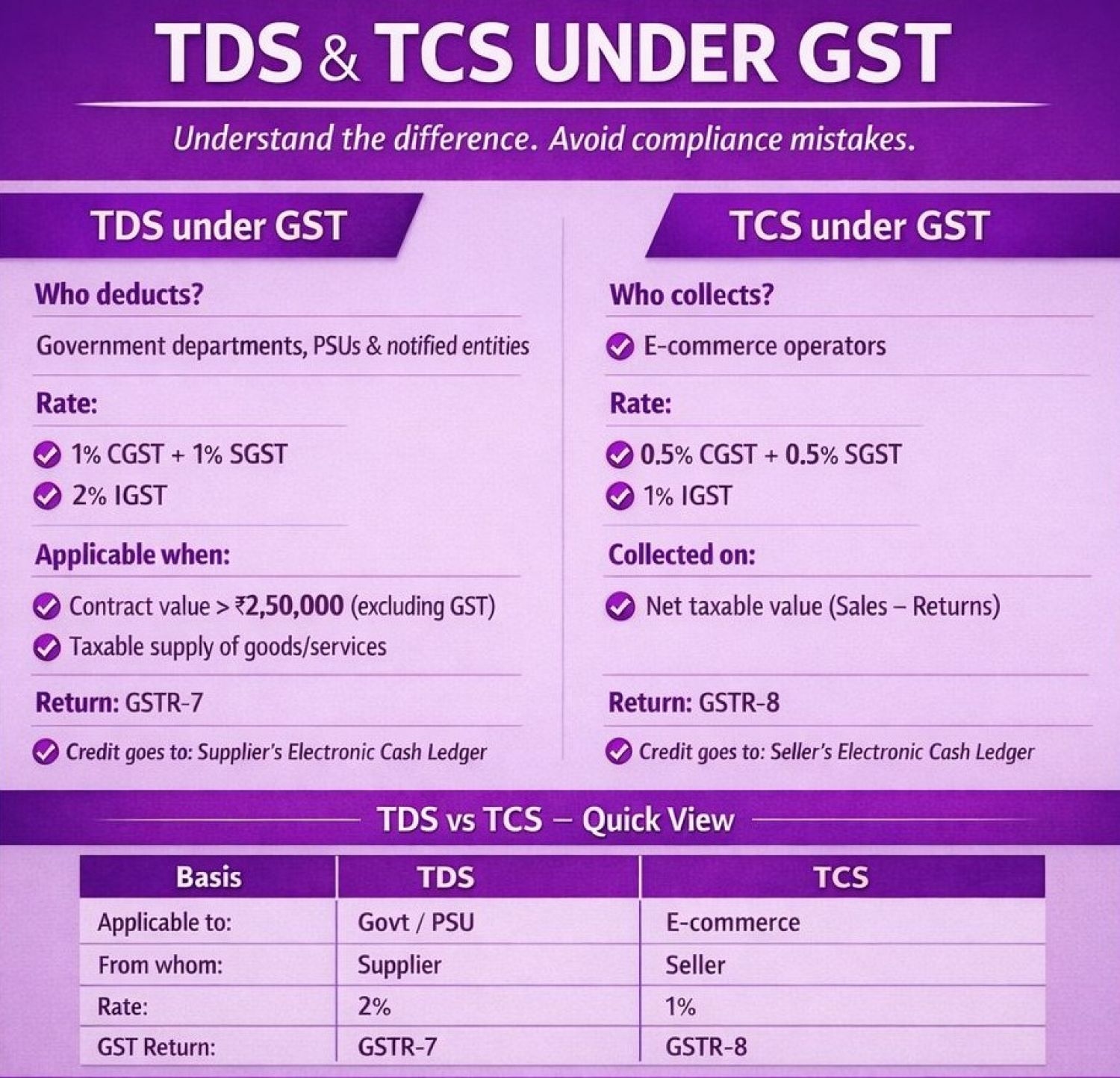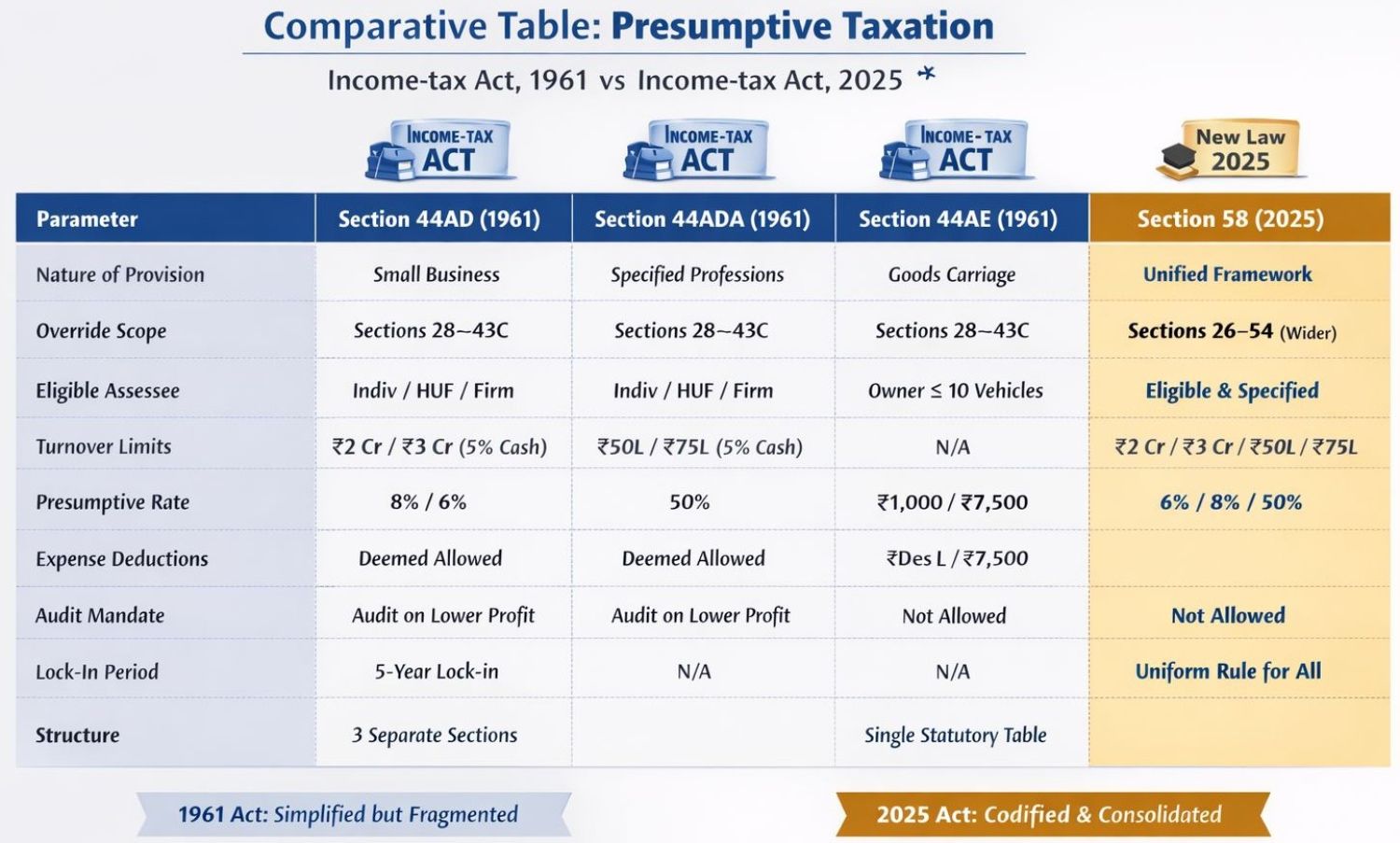Table of Contents

Key Points to Consider Before Choosing Types of Business
- Ease: The easiest business structures to create are sole proprietorships. It is typically as easy as opening a checking account at your local bank to set up a sole proprietorship. It is also relatively easy to set up partnerships, but you may have to follow additional rules and guidelines. Corporations are the toughest business structure to set up, and they require strict compliance with state and federal laws. It is also costly, time-consuming, and complex to set up a company.
- Debt and Liability: Several small businesses and startups recognize as a necessary risk of doing business as the personal liability associated with a sole proprietorship or partnership. You can restrict personal liability by registering for a more formal business structure if you are in a high-risk sector (such as selling CBD or weapons online) or simply want to keep your business and personal matters private. The drawback is that this usually requires more paperwork, costs more to register, and may have greater disclosure or maintenance requirements than simpler business types.
- Filing taxes: when it comes to filing your business taxes, you have two choices. In your own personal tax returns, you can file business profits/expenses, or you can make your corporation file taxes separately as its own entity. The convenience of filing taxes on your own returns is preferred by most small business owners, but filing business taxes separately will help you keep your personal and business finances apart.
- Risk: In a sole proprietorship, in the event of a legal issue, the sole proprietor of a business will be held legally responsible. Individuals can only be considered liable to a certain extent in a limited liability partnership or corporation. When the corporation accumulates a large amount of debt, it is not necessary to acquire the persons' personal property in order to settle the debt.
- Cost: The easiest structures to set up are a sole proprietorship or general partnership. Restricted partnerships and companies are much more costly, and in order to understand and draft complicated legal documents, most people would also need to recruit an attorney.
- Operations: You can set up a sole proprietorship if you like the concept of having full control over your company. You should consider forming a company or partnership if you are comfortable with having a lesser degree of control. Only the members of an executive board would have decision-making rights in a company.
- Information: Are you comfortable with the public knowing detailed information about your company's finances and operations? Corporations are legally obliged to provide the government with this information, which would then provide it to the public in general. Individuals are entitled to a much greater degree of privacy in sole proprietorships and partnerships.
- Right to Sell: You can undoubtedly set up a sole proprietorship if you want the freedom to sell your company whenever you please. Once you sell the company's properties, the company will come to an end. Selling a partnership includes getting many people's approval.
- Expanding: Each business owner dreams of expanding their company, but only a small number of shareholders are permitted to have certain business structures. Once it takes on a partner, a single ownership would cease to exist and if the new partner is unhappy with growth, there will be no way to expand the company.
- Capital: Corporations and partnerships are enabled with the greatest ease to raise capital. The owners of sole proprietorships usually raise capital by using their own properties as collateral.
Please consider the information above before you decide on a structure for your business. wIt is really hard to change your decision once you choose the type of business you want to operate. You must choose a structure that would be beneficial to your company's sustainability while keeping your own needs in mind.
Types of business your can start:
One of the first challenges faced by Startup business is to decide which type of business they can register. Although there are many different types of businesses, it doesn't have to be hard to choose one. Here are the some types of business most commonly used that can help you to choose which type of business is right for your start-up:
- Sole Proprietorship
Due to their simplicity and how simple they are to establish, sole proprietorships are the most popular kind of online business. A sole proprietorship is a business owned and managed by a single person and requires no registration. If you're operating a one-person company, the government would automatically consider you to be the sole proprietor. You can, however, need to register with your city or state for local business licenses, depending on your products and location.
A significant thing to remember is that there is no legal or financial difference between the business and the owner of the business. This indicates that you are accountable for all the income, liabilities, and legal problems that your business will face as the business owner, not usually a concern as long as you pay your bills and keep your business practices ethical. If you start an e-commerce business on your own, the best form of company for you is possibly a sole proprietorship.
For more information about Sole Proprietorship: Click here
Partnerships
A partnership may be the right option if you're starting your company with someone else. There are several advantages to a partnership: you can pool resources and knowledge with others, secure private financing, and more. Just bear in mind that duty and responsibility are shared equally between each member of a partnership. However, there are many types of partnerships that will allow you to identify the roles, responsibilities, and liability of each member (such as limited partnerships, mentioned in the paragraph below). While this may sound like a complicated process, a partnership has many advantages, so if you want a co-owner, don't be afraid to go for it. Many online businesses are created by partnerships. It's certainly worth the extra paperwork to have someone to help share the work of starting a new business.
- Limited Partnership
A limited partnership, or LP, is a general partnership version of an off-shoot. While it might not be as popular, it is a great option for businesses seeking to raise capital from investors who are not involved in working on the everyday aspects of their operations. Two sets of partners occur with a restricted partnership: A partnership allows you to register your business with your state and set up an official business name. After that, along with any other paperwork that your state office can assist you with, you'll be required to get a business license. Beyond that, for tax purposes, you would also need to register your business with the IRS.
- A corporation
A corporation is a completely independent business composed of several shareholders who are provided with Stock in the business. The only drawback with this is that your earnings would be taxed twice, both at the corporate level and at the personal level, is what is known as a "C Corporation," which allows the company to deduct taxes just like an entity. However, this is entirely normal, and if you actually work for a corporation with many workers, that's probably the business structure they are using. If you startup as a small business, especially one that only works online, this would not be appropriate to register yourself as a corporation. However, if you're already an existing company with many employees, it might be the right move to list your company as a corporation. You would have to register with the state very specific documents, followed by obtaining the requisite business licences and permits.
- Limited Liability Partnership (LLP)
A Limited Liability Company, commonly known as an LLC, is next on our list of business types. An LLC is a newer type of company that is a combination of a partnership and a company. LLC owners are referred to as members instead of shareholders. There must be a managing member who takes care of the daily business activities, no matter how many members a specific LLC has. The key difference between an LLC and a company is that, LLCs are not taxed as a separate business entity. Instead, all income and losses are transferred from the corporation to the members of the LLC, who report a personal income tax return on profits and losses. The good thing about pursuing an LLC is that members are not directly responsible for the business decisions or actions, and compared to a corporation, there is far less paperwork involved in establishing an LLC.
LLCs are another of the most popular forms of online businesses, as they allow small groups of individuals to form a business together easily.
- Nonprofits Organization
A non-profit organization, it is a company organization designed to support educational or charitable purposes. The "non-profit" part comes into play in that the organization must retain any money raised by the corporation to pay for its expenses, services, etc. Bear in mind that many forms of non-profits are available, several of which will obtain the benefit of "tax exempt". This procedure includes filing paperwork with the government, including an application, for them to accept you as a non-profit organization. They will be able to tell you which category you are best in, based on the criteria of your new company.
- Co-operative
A corporation that is entirely owned and managed for the benefit of the organization's members who use its services. In other terms, whatever is received by the cooperative is then shared between the participants themselves and no external stakeholders are expected to be paid out, etc. Unlike other types of companies that have shareholders, cooperatives sell shares to cooperative "members," who then have a say in the activities and course of the cooperative itself. As compared to the other types of companies mentioned, the key difference in the process of being a cooperative is that your company must create bylaws, have a membership application, and have a board of directors with a charter member meeting. This is one of the least common types of online businesses, although there are online cooperatives, such as the REI outdoor goods shop.
Our team (RJA) of experts can provide all the assistance in starting a business in India. With the experience we gained from several years with hundreds of clients who have started their successful business ventures in all parts of India, we can assure you the best services at the most competitive rates. Our business consulting services spans from the starting of a company or business till that business becomes a successful enterprise in India.
Legal and various types of document works are involved in starting a business in India other than approvals from the Government of India. We can assist you in registering your company in India along with getting vital documents and approvals from the government

















